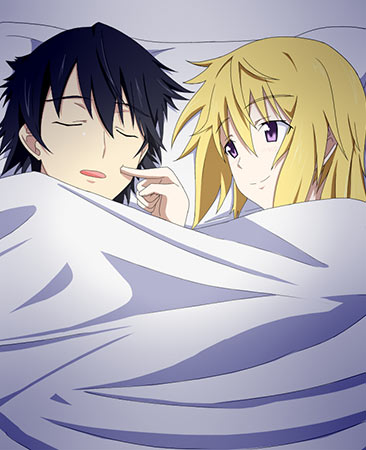One thing about Japanese women which amuses my wife no end is their pre-conceived notions about what it’s like when a Japanese woman marries a Westerner. They imagine that we’re gentlemen in every way, holding doors and chairs, cleaning the house and cooking exotic meals for them once a week. Japanese men often have bad reputations for never showing feelings of love to their wives, some of which may be on purpose — J-List’s manga buyer Yasu says, “I only tell my wife I love her once every few years or so, so it makes a real impact when I do.” In contrast, foreigners are thought to be much more passionate and romantic, and any child made from such a union must surely come out with beautiful golden hair just like those Licca-chan dolls. The other day I met two female friends of my wife who are in their 20s, and they definitely seemed to fit this pattern, being openly envious of my wife for having found such a rare American to marry while she denied I had any good qualities at all. (This is a Japan thing: compliments made about one’s family members must be countered with strong denials for the sake of politeness.) Both girls were extremely attractive yet lamented their inability to find boyfriends, and I cautiously asked how this could be possible. “Men of our generation are terrible,” one of them told me, “more interested in reading men’s fashion magazines and working part-time jobs than dating. They have no drive, no hunger.” She was talking about the modern social phenomenon of 草食男子 soushoku-danshi or “herbivore men,” the tendency for young Japanese males to have less ambition in life and to prefer a quiet evening in front of the computer to pursuing girls for dating and more. I’d known about the phenomenon of course, but hadn’t imagined it had advanced so far. In response, many women are becoming 肉食女子 nikushoku-joshi or “carnivore women,” more aggressive about getting what they want and more than happy to ask a man she likes out.

Japanese often have stereotypes about international marriage.















